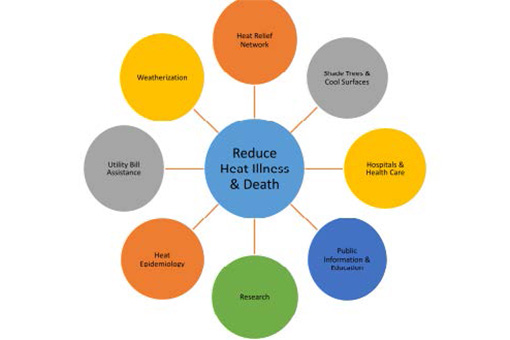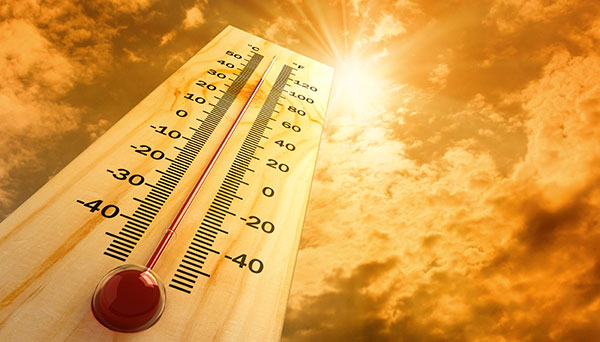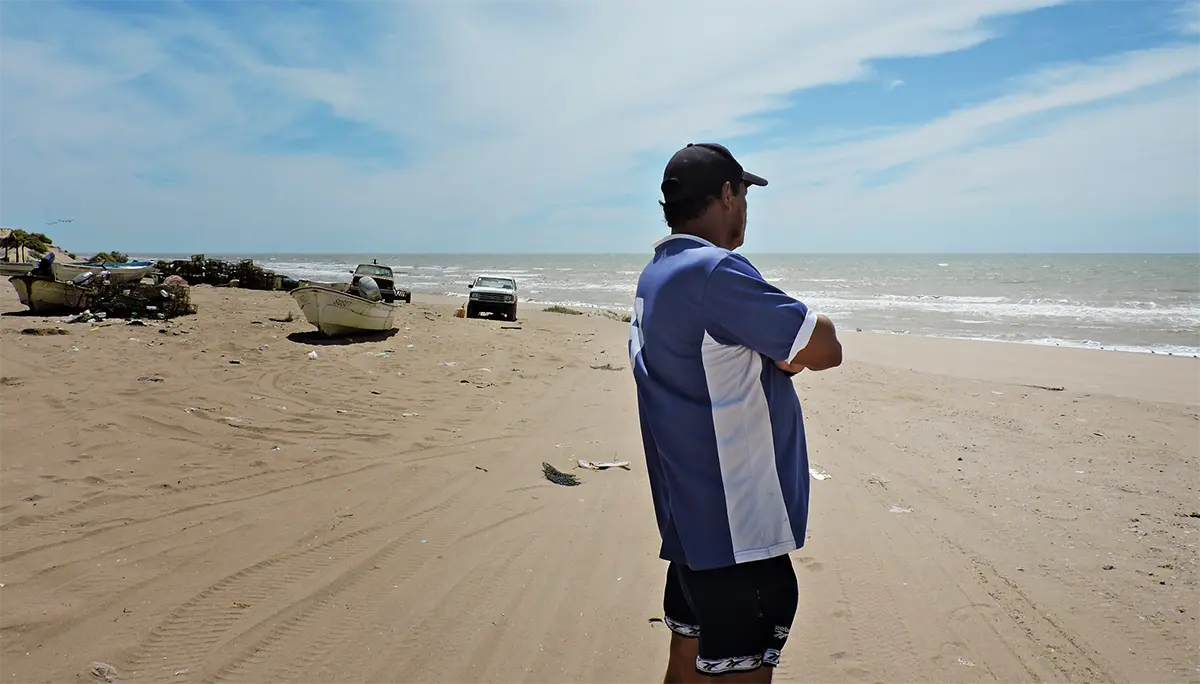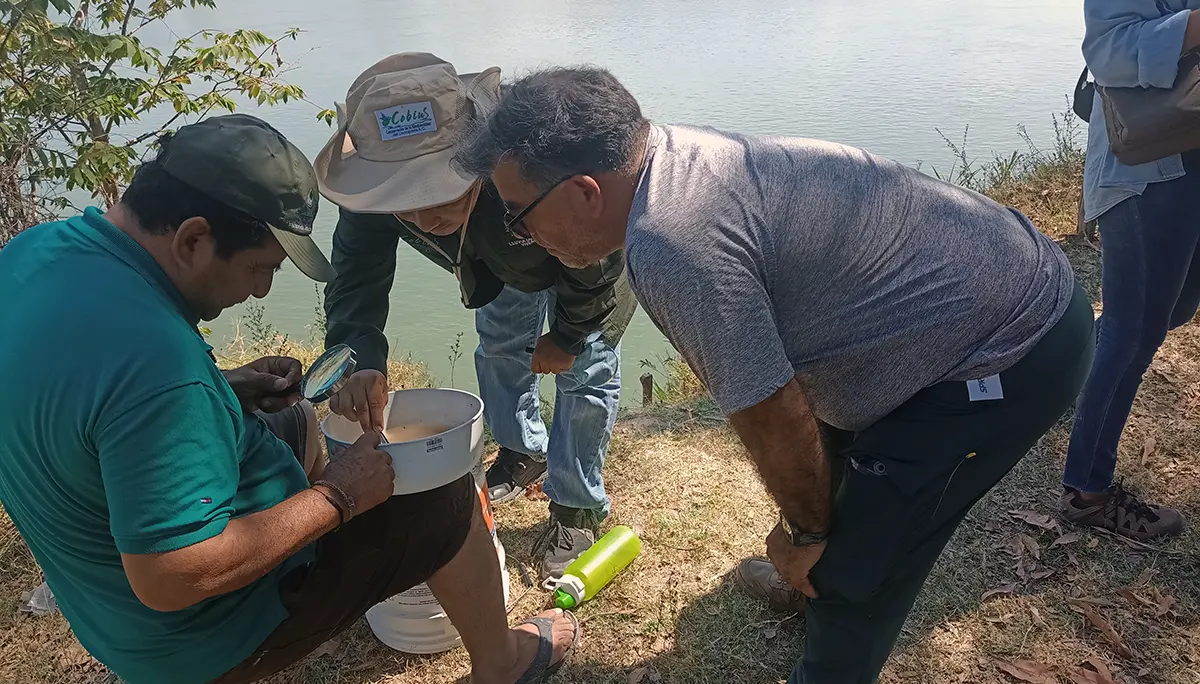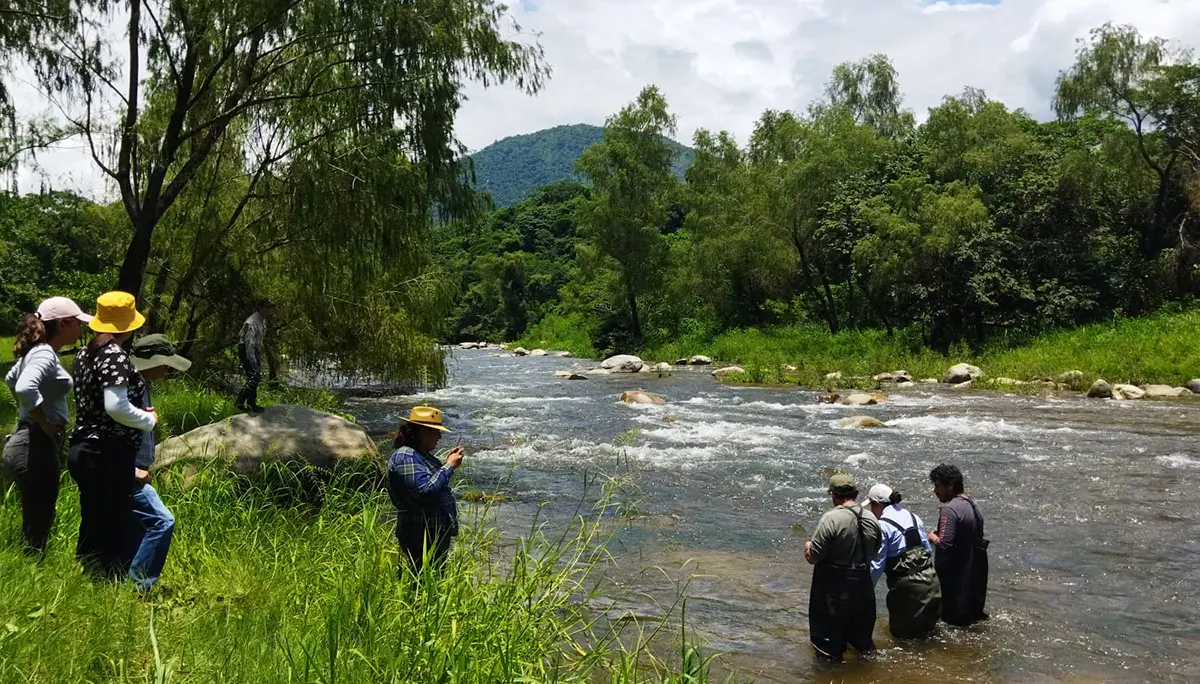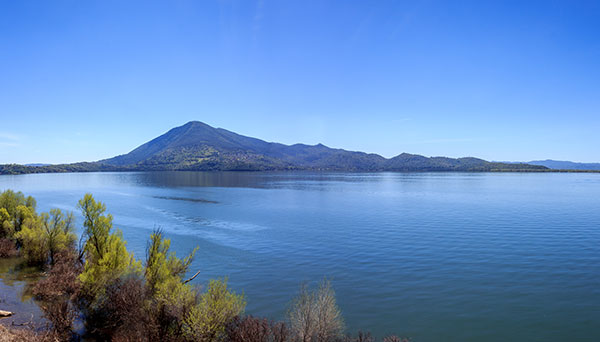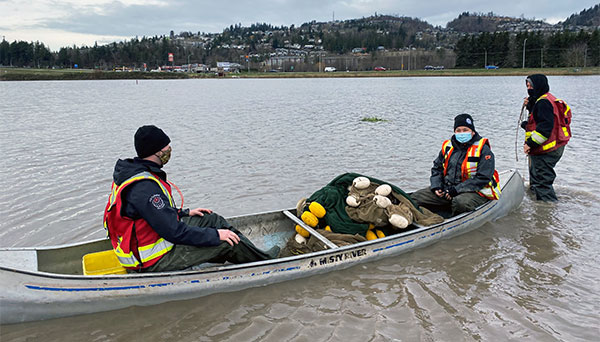Improving Resilience to Extreme Events and Climate Impacts
Extreme events know no boundaries and are often catastrophic for communities. They can impair health and safety, welfare and livelihoods, agriculture, trade, ecosystems, air and water. By sharing best practices, assets and capacities, our three countries are working together to improve resilience within our communities and shared ecosystems to minimize the effects of these events.
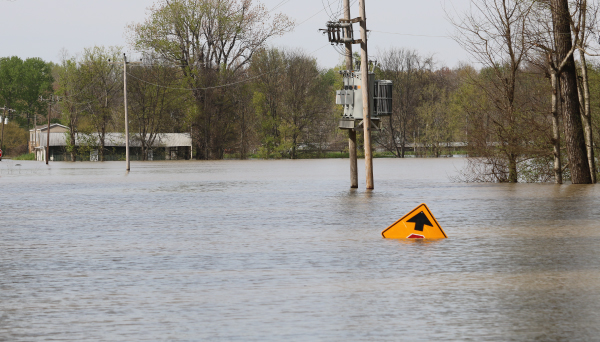
Tools and Resources
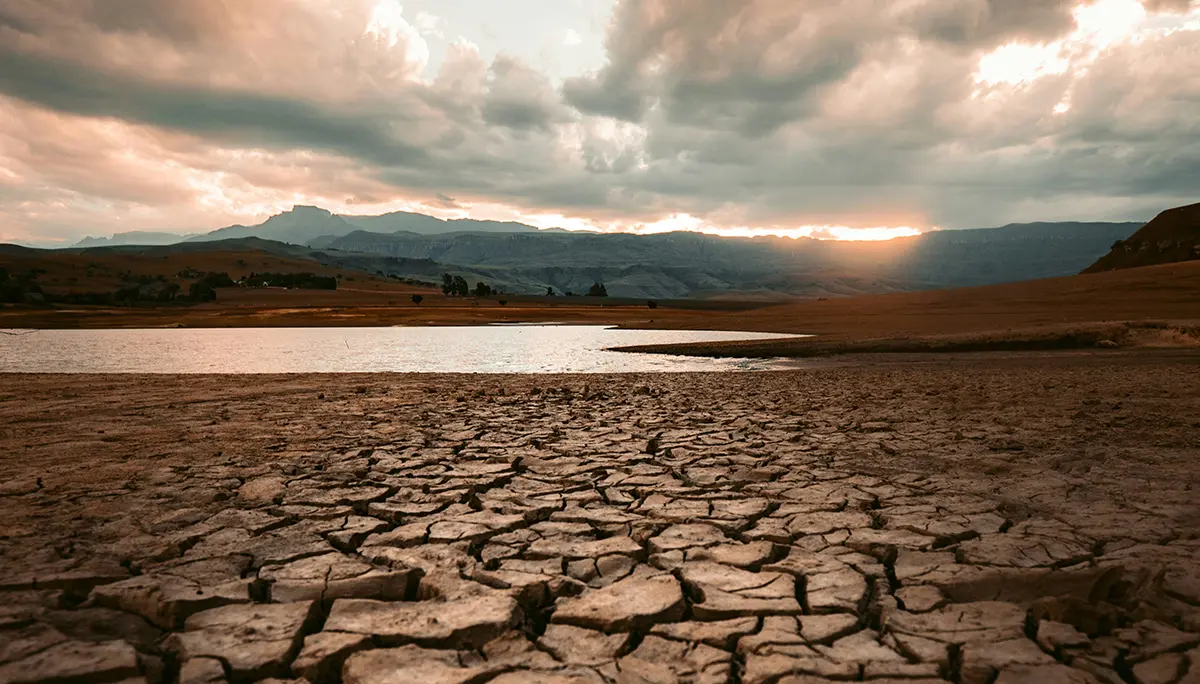
Improving Access and Use of Products and Tools for Drought
Trinational Drought Summit Report
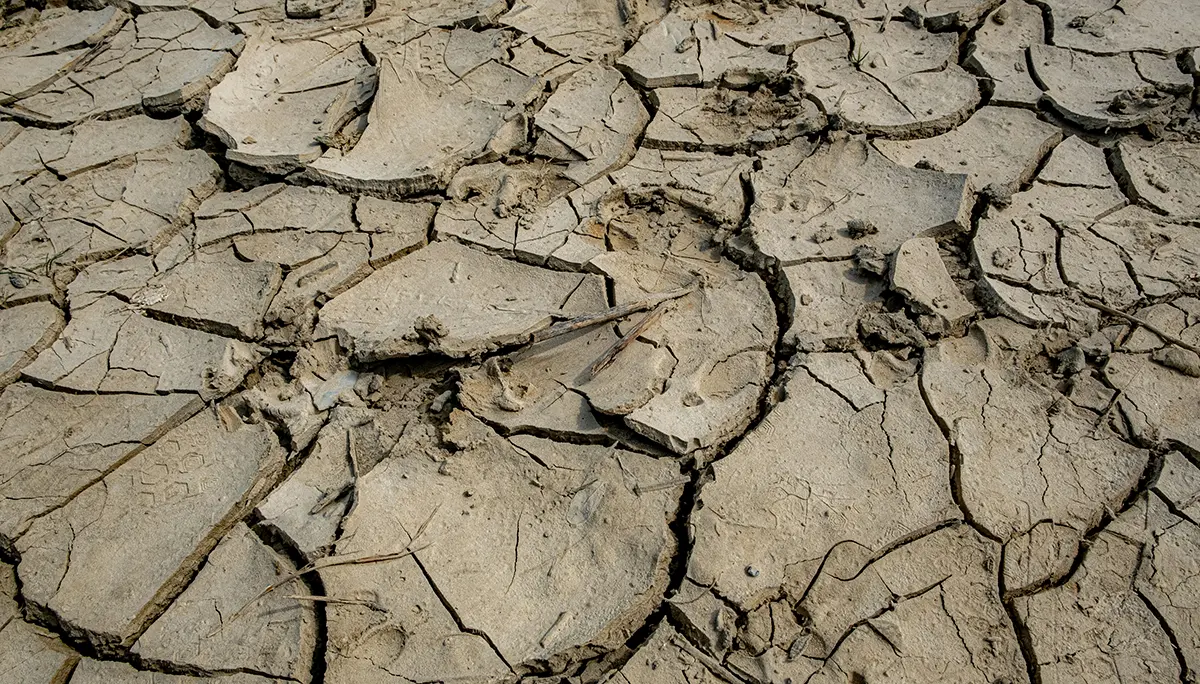
Drought Summit
Convene and connect drought practitioners across Canada, Mexico, and the United States who are tasked with preparing, planning, and managing drought.
Publications
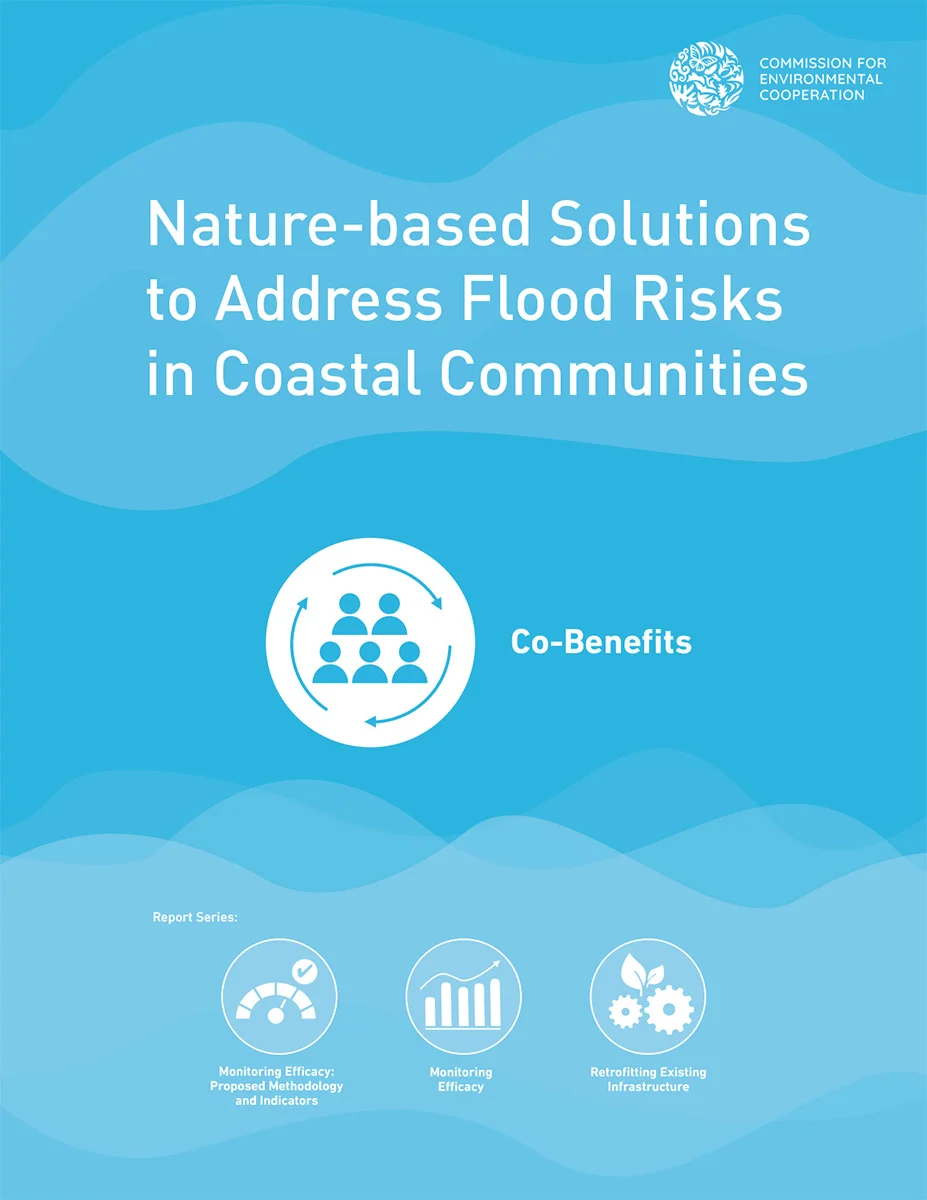
63 pages April 29, 2025
Co-Benefits
Flood-risk management is a major concern for coastal communities, particularly when considering sea-level rise caused...
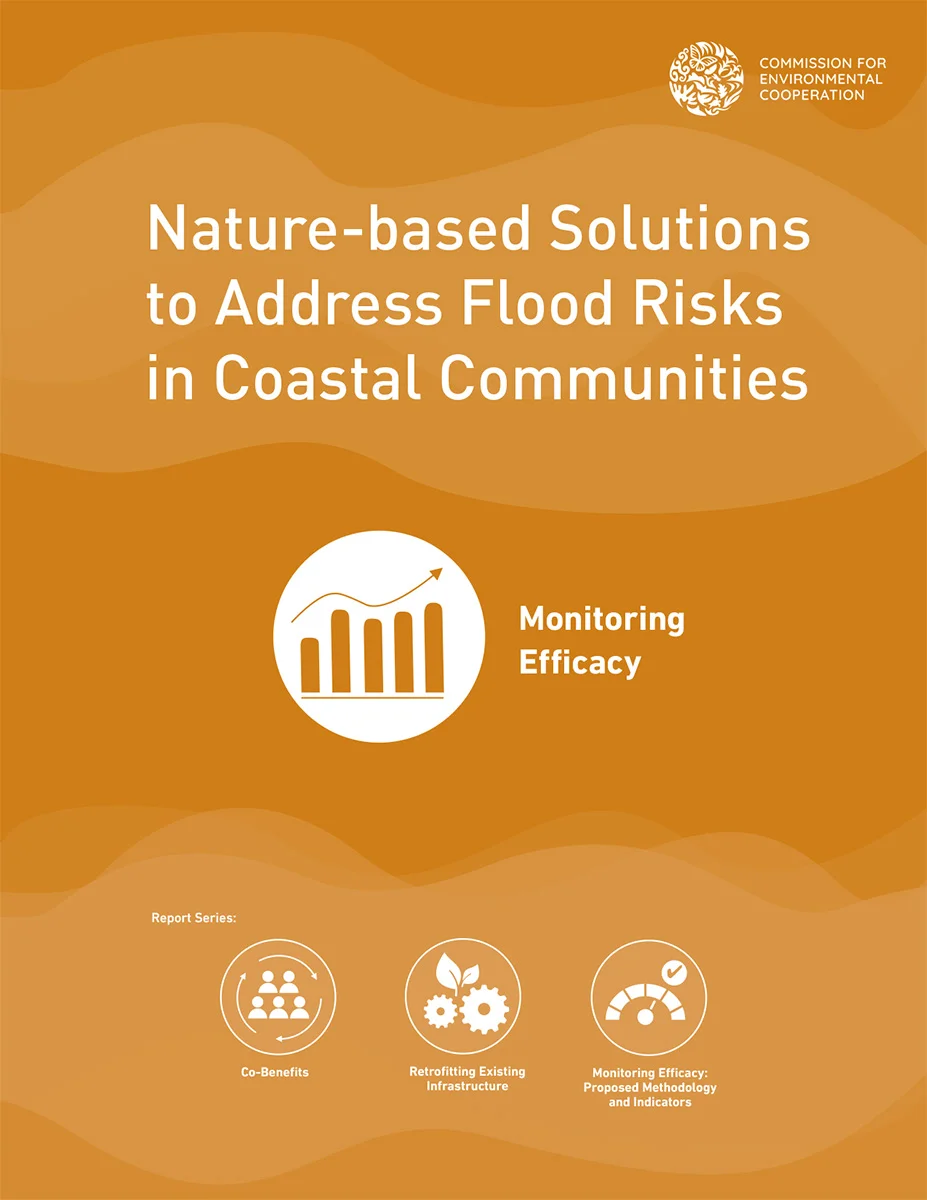
45 pages April 29, 2025
Monitoring Efficacy
Flood-risk management is a major concern for coastal communities, particularly when considering sea-level rise caused...

5 pages August 10, 2021
CEC Policy Brief on Flood Costing
The Commission for Environmental Cooperation (CEC) recognized information gaps in estimating economic impacts of floods...
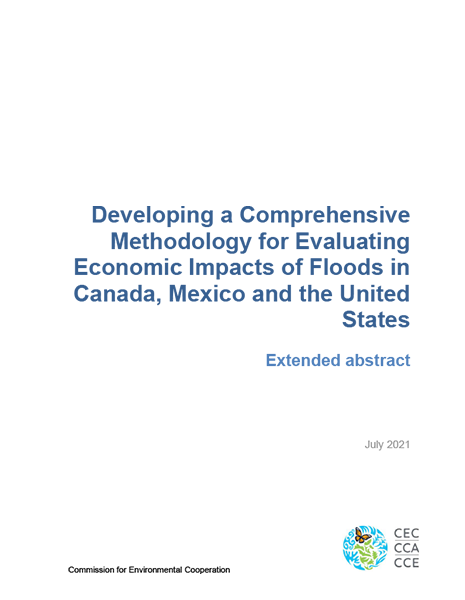
6 pages July 20, 2021
Developing a Comprehensive Methodology for Evaluating Economic Impacts of Floods in Canada, Mexico and the United States
This variability leads to information gaps when prioritizing development investments for infrastructure renewal, institutional development,...
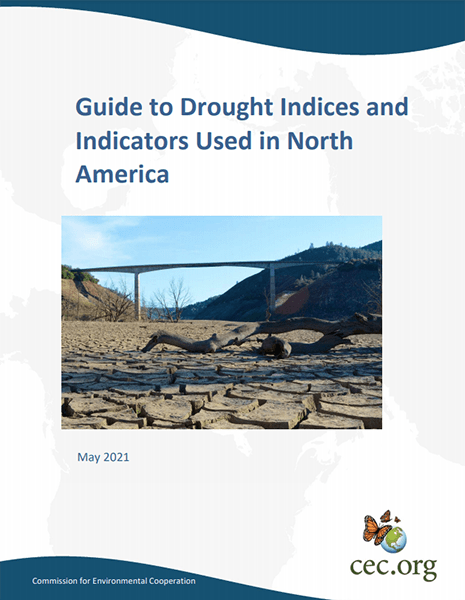
62 pages May 12, 2021
Guide to Drought Indices and Indicators Used in North America
Almost all participants reported their areas of responsibility had experienced drought in the past 10...
Projects
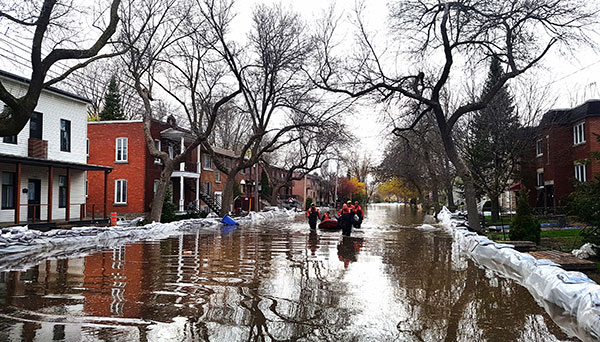
2019 - 2020 Completed
Costing floods and other extreme events
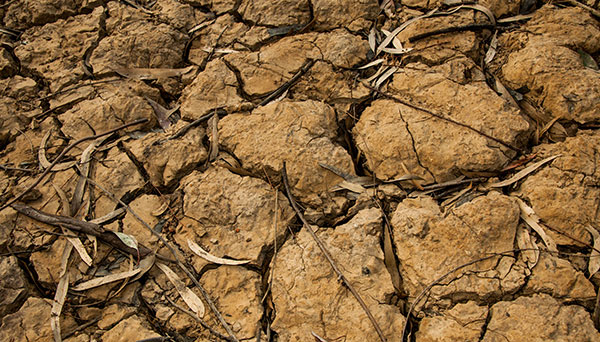
2019 - 2020 Completed
Improving the effectiveness of early warning systems for drought
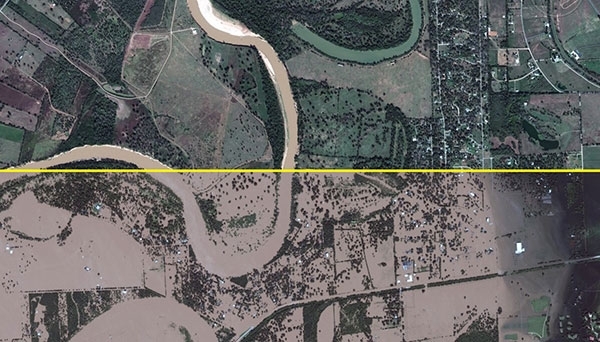
2019 - 2020 Completed
Using remote sensing to prepare for and respond to extreme events

2017 - 2018 Completed
Monitoring Health Impacts from Extreme Heat Events
Grants

Community-led Climate Solutions for Vertical Communities

Silver City Carboneers
